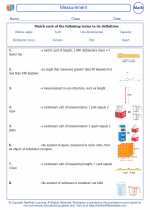Associative Property
The associative property is a fundamental property of addition and multiplication. It states that the way in which numbers are grouped when adding or multiplying does not change the sum or product. In other words, changing the grouping of numbers does not change the result.
Addition
For addition, the associative property can be written as:
(a + b) + c = a + (b + c)
This means that when adding three or more numbers, the sum will remain the same regardless of how the numbers are grouped.
Example:
Let's consider the numbers 2, 3, and 4:
(2 + 3) + 4 = 2 + (3 + 4) = 9
Multiplication
For multiplication, the associative property can be written as:
(a * b) * c = a * (b * c)
This means that when multiplying three or more numbers, the product will remain the same regardless of how the numbers are grouped.
Example:
Let's consider the numbers 2, 3, and 4:
(2 * 3) * 4 = 2 * (3 * 4) = 24
Study Guide
To understand and apply the associative property, follow these steps:
- Identify the numbers involved in the addition or multiplication operation.
- Group the numbers in different ways to test the property. For addition, group the numbers using parentheses in different orders. For multiplication, rearrange the order of multiplication using parentheses.
- Perform the operations following different groupings and compare the results.
- Observe that the sum or product remains the same regardless of the grouping, which demonstrates the associative property.
- Practice applying the property with various sets of numbers to reinforce understanding.
Remember that the associative property only applies to addition and multiplication, and it does not apply to subtraction or division.
By understanding and practicing the associative property, you can efficiently manipulate numbers and simplify calculations in mathematics.
Good luck with your studies!
[Associative Property] Related Worksheets and Study Guides:
.◂Math Worksheets and Study Guides Fourth Grade. Measurement
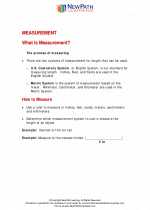
 Activity Lesson
Activity Lesson
 Activity Lesson
Activity Lesson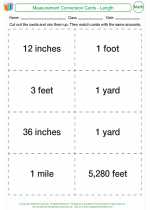
 Activity Lesson
Activity Lesson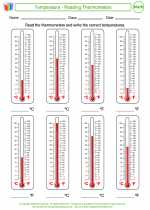
 Worksheet/Answer key
Worksheet/Answer key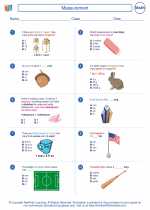
 Worksheet/Answer key
Worksheet/Answer key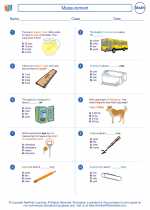
 Worksheet/Answer key
Worksheet/Answer key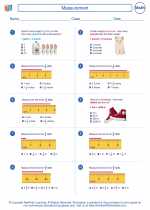
 Worksheet/Answer key
Worksheet/Answer key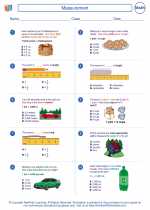
 Worksheet/Answer key
Worksheet/Answer key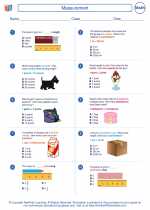
 Worksheet/Answer key
Worksheet/Answer key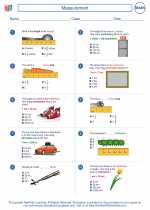
 Worksheet/Answer key
Worksheet/Answer key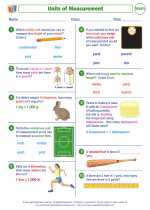
 Worksheet/Answer key
Worksheet/Answer key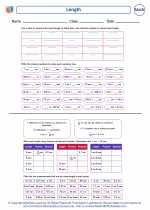
 Worksheet/Answer key
Worksheet/Answer key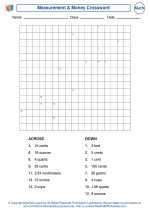
 Worksheet/Answer key
Worksheet/Answer key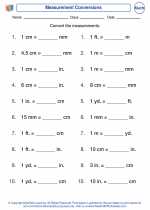
 Vocabulary/Answer key
Vocabulary/Answer key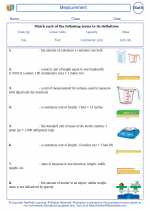
 Vocabulary/Answer key
Vocabulary/Answer key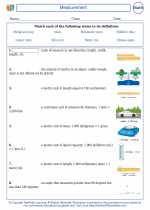
 Vocabulary/Answer key
Vocabulary/Answer key